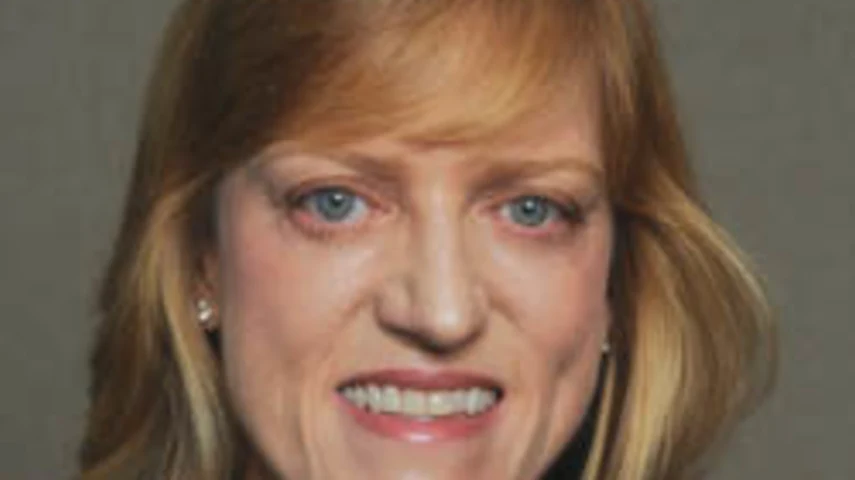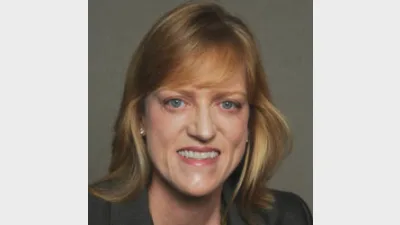Transition to MySuper lifecycle funds begins at AMP



AMP Capital hopes member engagement with superannuation will increase as it moves over one million member accounts - around $15 billion - from former default funds to its new MySuper lifecycle funds by 2017.
Speaking at a roundtable luncheon on Wednesday, AMP director of corporate superannuation Libby Roy said the firm had seven lifecycle, or target date funds that were organised around people’s age in 10-year cohorts.
“We can on average estimate what is happening in people’s lives, what sorts of life events are happening for them based on their age,” Roy said.
“[But while] averages are nice, every individual is different. That’s a great opportunity for people to engage and say, 'my life’s not like that. Actually I was planning to retire at 45. So this is the wrong fund for me.’”
Each fund will have a dedicated portfolio manager and members will be put on a glide path where the way portfolio is managed changes through the lifecycle as the member ages.
The portfolio will have higher exposure to illiquid assets in the early stages and it will move into volatility management in later stages.
Head of multi-asset group Sean Henaghan said the lifecycle funds have a neutral asset allocation, where de-risking starts between ages 36 and 38 by about 3 per cent.
“I use the word neutral rather than strategic because effectively, these funds don’t have strategic asset allocation,” Henaghan said.
“What I mean by that is it’s not a very formulaic static asset allocation change.”
Roy also said there would be no conflict between its MySuper options and its fairly new self-managed super fund (SMSF) division.
Roy, who was previously director of Multiport, which is part of AMP’s growing SMSF business, said the full spectrum would be available to her corporate super clients and she will offer an SMSF solution to those that ask for it.
Recommended for you
Australia’s superannuation funds are becoming a defining force in shaping the nation’s capital markets, with the corporate watchdog warning that trustees now hold systemic importance on par with banks.
Payday super has passed Parliament, marking a major shift to combat unpaid entitlements and strengthen retirement outcomes for millions of workers.
The central bank has announced the official cash rate decision for its November monetary policy meeting.
Australia’s maturing superannuation system delivers higher balances, fewer duplicate accounts and growing female asset share, but gaps and adequacy challenges remain.









